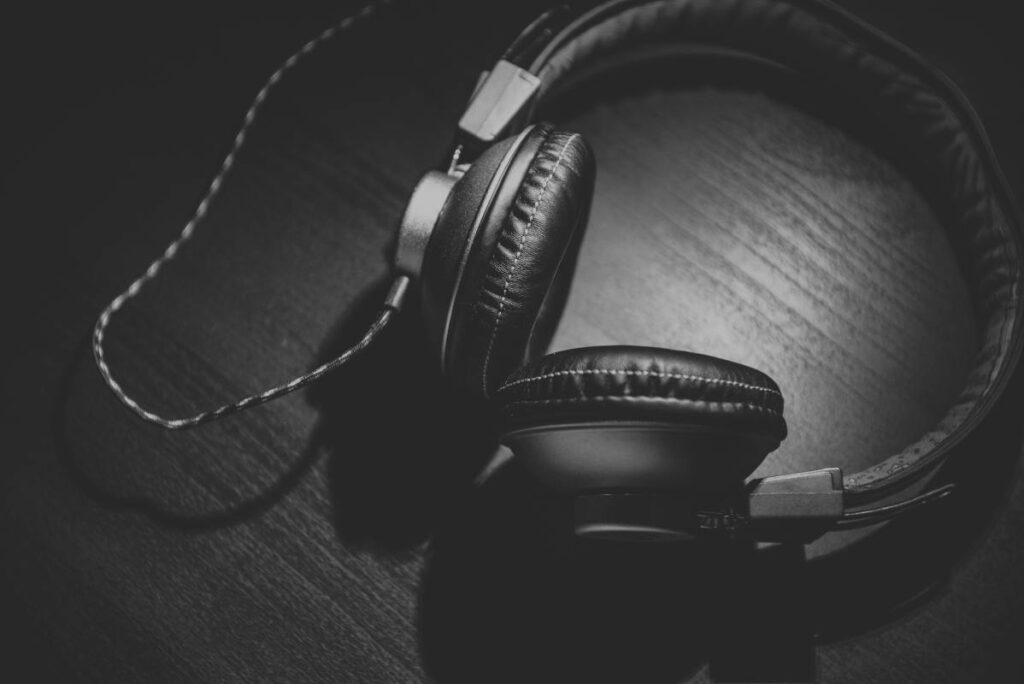All eyes are on the music industry at the moment with regards to AI’s impact on copyright law. Udio, a generative AI music service that was recently sued by the three major labels, has now issued a statement in response to allegations of extensive copyright infringement.
Sony Music Entertainment, Universal Music Group and Warner Records claimed that Udio, as well as another leading generative AI music program called Suno, violated copyright laws by training their models on protected music without permission.
“Our system is explicitly designed to create music reflecting new musical ideas,” reads a statement shared by Udio on X. “We are completely uninterested in reproducing content in our training set, and in fact, have implemented and continue to refine state-of-the-art filters to ensure our model does not reproduce copyrighted works or artists’ voices.”
“We stand behind our technology and believe that generative AI will become a mainstay of modern society.”
Recording Industry Association of America CEO Mitch Glazier, who is spearheading the lawsuits, voiced concerns about irresponsible AI developers who are offering unlicensed services and, in turn, threaten the integrity of human creativity.
“The music community has embraced AI and we are already partnering and collaborating with responsible developers to build sustainable AI tools centered on human creativity that put artists and songwriters in charge,” Glazier said in a statement. “But we can only succeed if developers are willing to work together with us. Unlicensed services like Suno and Udio that claim it’s ‘fair’ to copy an artist’s life’s work and exploit it for their own profit without consent or pay set back the promise of genuinely innovative AI for us all.”
Read Udio’s full statement from X below.
In the past two years, AI has become a powerful tool for creative expression across many media—from text to images to film, and now music.
At Udio, our mission is to empower artists of all kinds to create extraordinary music.
In our young life as a company, we have sat in the studios of some of the world’s greatest musicians, workshopped lyrics with up-and-coming songwriters, and watched as millions of users created extraordinary new music, ranging from the funny to the profound.
We have heard from a talented musician who, after losing the ability to use his hands, is now making music again. Producers have sampled AI-generated tracks to create hit songs, like ‘BBL Drizzy’, and everyday music-lovers have used the technology to express the gamut of human emotions from love to sorrow to joy.
Groundbreaking technologies entail change and uncertainty. Let us offer some insight into how our technology works.
Generative AI models, including our music model, learn from examples. Just as students listen to music and study scores, our model has ‘listened’ to and learned from a large collection of recorded music.
The goal of model training is to develop an understanding of musical ideas—the basic building blocks of musical expression that are owned by no one. Our system is explicitly designed to create music reflecting new musical ideas. We are completely uninterested in reproducing content in our training set, and in fact, have implemented and continue to refine state-of-the-art filters to ensure our model does not reproduce copyrighted works or artists’ voices.
We stand behind our technology and believe that generative AI will become a mainstay of modern society.
Virtually every new technological development in music has initially been greeted with apprehension, but has ultimately proven to be a boon for artists, record companies, music publishers, technologists, and the public at large. Synthesizers, drum machines, digital recording technology, and the sound recording itself are all examples of once-controversial music creation tools that were feared in their early days. Yet each of these innovations ultimately expanded music as an art and as a business, leading to entirely new genres of music and billions of dollars in the pockets of artists, songwriters and the record labels and music publishers who profit from their creations.
We know that many musicians—especially the next generation—are eager to use AI in their creative workflows. In the near future, artists will compose music alongside their fans, amateur musicians will create entirely new musical genres, and talented creators—regardless of means—will be able to scale the heights of the music industry.
The future of music will see more creative expression than ever before. Let us use this watershed moment in technology to expand the circle of creators, empower artists, and celebrate human creativity.“

